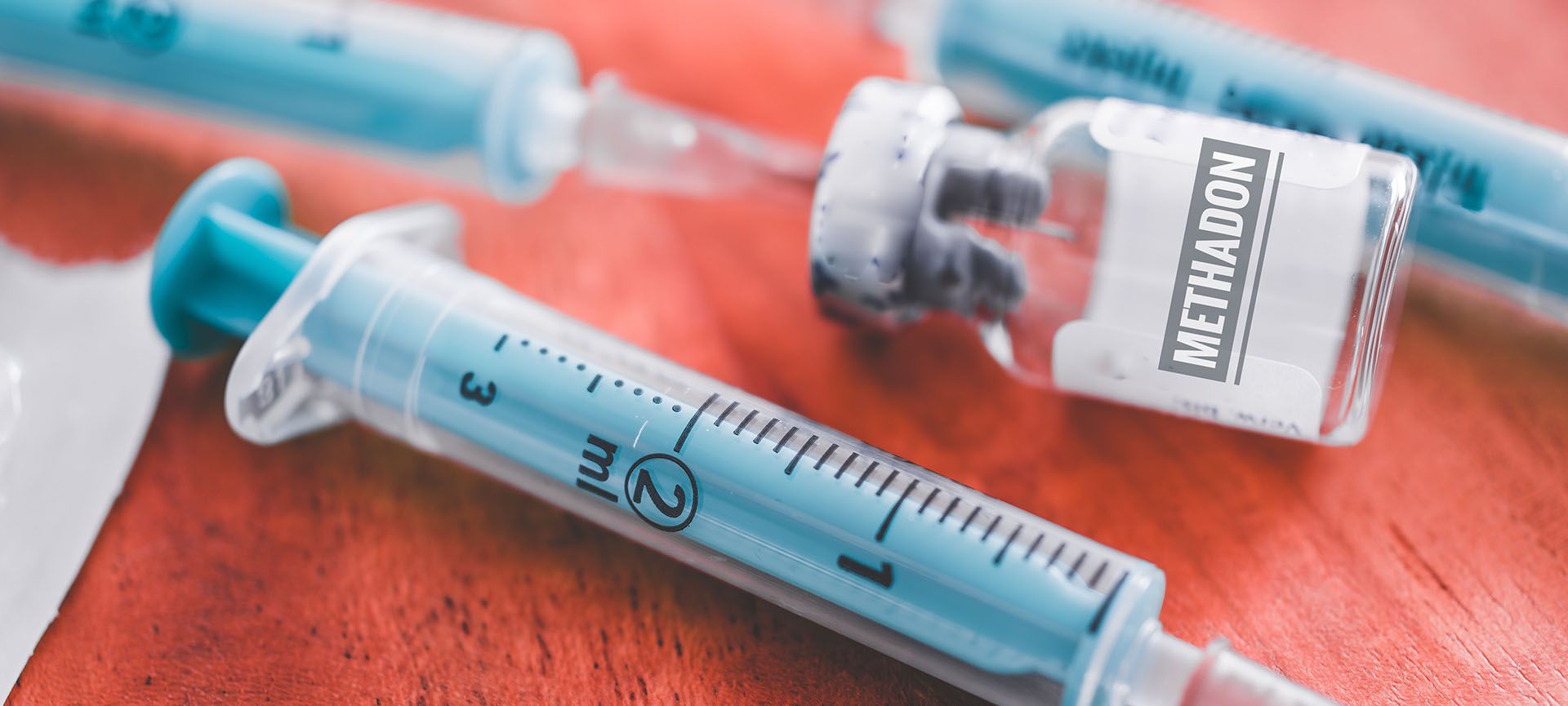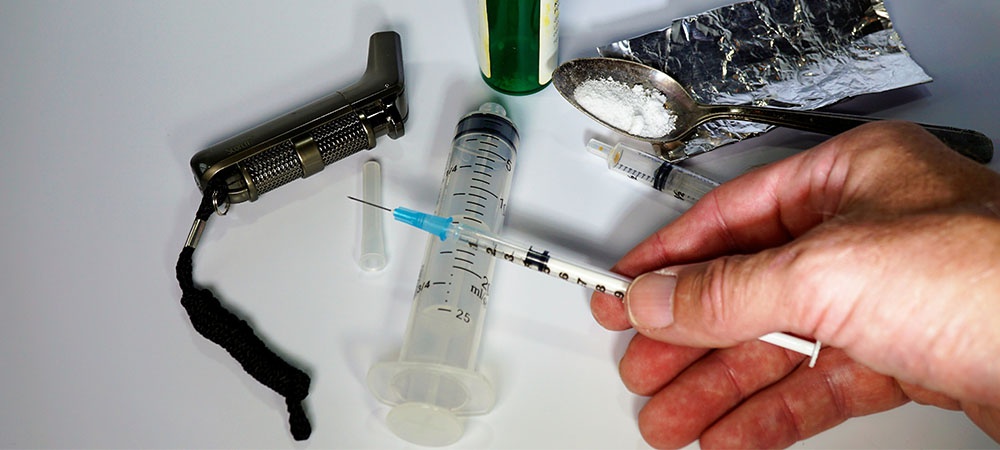What is Methadone Maintenance?
Methadone maintenance therapy is the professional term for using methadone to treat opioid disorders. This treatment method is called “replacement therapy.” And it derives this name because methadone is an opioid form for alleviating a patient’s opioid withdrawal symptoms.
Methadone is an opioid blocker licensed by Health Canada and the Food and Drug Administration for opioid addiction treatment. Essentially, the medication counteracts the euphoric effects of opioids like heroin. Additionally, it helps inhibit withdrawal symptoms.
Methadone’s status as an opioid means there’s a lot of confusion about its usage in addiction therapy. Hence, our latest read will address methadone maintenance treatment, including features, benefits, and expectations.
Benefits of Methadone Maintenance
Quitting drug use is challenging due to cravings and withdrawal lethality. Methadone maintenance is important because it tackles these cravings, reducing their intensity for the patient in withdrawal.
Therefore, one of the benefits of methadone maintenance is the freedom it gives patients to concentrate on recovery without drug cravings and withdrawal disturbances.
Furthermore, methadone maintenance is helpful because it lessens the likelihood of contracting an infection from abusing opioids via injections. It can also drastically reduce the possibility of engaging in riskier activities tied to drug influence.
Those with a history of opioid addiction can benefit significantly from methadone maintenance. It has proven to enhance patients’ quality of life, psychological inclinations, and social functionality.
Is Methadone a Substitute for Illicit Opioids?
Methadone isn’t a replacement for misused opioids. And this stance is well backed up with tamed reactions when addicts are administered methadone. Patients don’t get high when under medically supervised methadone use, unlike illegal opioids.
The lifespan of heroin is, at most, six hours. But methadone is longer lasting than such illicit opioids. A therapeutic dose will keep a patient on track for about 24 to 36 hours.
However, despite methadone’s long history of success in treating opiate dependence, people still nurse skepticism.
For example, a school of thought subscribes to abstinence-only for substance abuse treatment. They believe patients should always remain sober. Additionally, they feel you put yourself at risk for undesirable outcomes and relapse each time there’s contact with these drugs.
Meanwhile, methadone maintenance relies on a reduction approach. This approach preaches strategies and initiatives to promote safer or more controlled medication usage. The mentality acknowledges the multifaceted nature of addiction. Hence, it believes in gradually mitigating drug use outcomes instead of cold turkey abstinence.
However, everyone has their unique qualities. Therefore, it’s essential to factor in a patient’s demands and desired outcomes to devise an effective treatment strategy.
Related Article: How Do Methadone Clinics Work
Expectations During Methadone Maintenance Programs
Medication is available in Health Canada-approved forms of liquid and tablets. Individuals participating in methadone maintenance treatment programmes often take methadone daily under medical supervision.
Doctors will usually design how often to take methadone. However, a patient’s response to treatment may eventually require adjusting their dosage.
An integral aspect of methadone maintenance is counselling or psychotherapy. Also, therapy sessions are a standard part of this opioid addiction treatment, and participants should be prepared to attend them. The best opioid recovery results are often seen when medication is paired with therapy.
The following are essential medical personnel you should expect to work with during methadone maintenance treatment.
Doctors
Only a medical practitioner should write your methadone prescriptions. A medical doctor should perform any evaluation to support a decision to prescribe methadone. Your treatment planning and review are two other areas where doctors will be involved.
Nurses
Nurses are usually responsible for dispensing and monitoring methadone use. They report their observations to physicians at the clinic and participate in your treatment reviews.
Counsellors
Counsellors aid the methadone treatment program’s medical team by doing things like:
- Assisting patients with their problems by giving them advice in a broad sense.
- Motivational interviewing to encourage patients to cut down on their drug use.
- Assistance to patients before and after they undergo tests for likely infectious illnesses.
There are other likely experts in MMT. They are support workers who are helpful to patients undergoing methadone maintenance treatment. And they include the following:
Psychologists
These experts provide for patients with depression, anxiety, or post-traumatic stress disorder (PTSD).
Human Service Providers
Welfare workers provide emotional support for you as a patient during treatment. Also, they can help patients with daily tasks, including making phone calls to loved ones and securing accommodation for when they’re ready to leave the institution.
Community Officers
These are people who act as bridges between the community and the police. And they’re usually most important if the addict receives treatment in prison or a closed setting.
So a patient is sent to a community-based MMT program when they’re about to leave a secure facility. And a community liaison officer is hired to help with the transition.
When Should Methadone Maintenance be a Resort?
Someone may be a candidate for methadone maintenance if they have a record of opioid addiction or have tried other treatments without success.
Some may ask, ‘what is methadone maintenance’s success likelihood with opioid-addicted pregnant women?’ As it is, the treatment is a safe and effective option for them.
In most cases, it’s much safer than detoxing off opioids or continuing to use them. But they must consult their doctor and mental health professional on how to use the medication.
Related Article: What Are Opioids?
Summary
Methadone maintenance is a viable treatment to help opioid addicts gradually quit drugs.
However, the place of medical supervision in methadone usage is crucial.
Overdosing on the medication can have severe health consequences. Plus, it inhibits your opioid addiction recovery. Therefore, you need a competent methadone clinic to help you oversee the process. And we’re the best in that regard here in Vancouver.
At Inspire Change Wellness Centre, we always customize methadone maintenance programs to fit individual needs. Call us today to speak to a specialist about your history with opioids and explore methadone treatment options.






